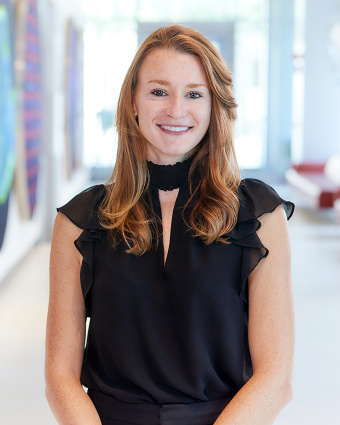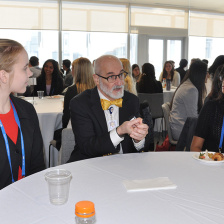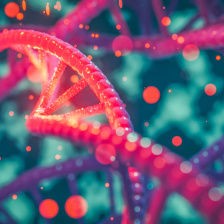
Whitehead Career Development Professor
Assistant Professor of Biology
Contact Information
knouse Lab
Research Areas
Metastasis, Precision medicine
We aspire to a future where we can drive the repair and renewal of any organ. To achieve this, we develop and apply novel technologies to understand and modulate regeneration directly within the organism.
Research Summary
The loss of specialized cells in organs such as the heart, brain, and pancreas underlies the lifelong morbidity of numerous diseases. Unlike continuously renewing tissues, these organs lack stem cell populations to replace lost cells. Moreover, the remaining cells cannot replenish lost cells as the specialized cells permanently exited the cell cycle as part of their differentiation process. A means of restoring proliferative capacity to these specialized cells and enabling the endogenous regeneration of these organs would offer treatments for numerous diseases.
Although cellular differentiation and proliferative capacity are typically mutually exclusive, the liver, and the hepatocytes responsible for its many functions, exist as remarkable and informative exceptions. Unlike any other solid organ, the liver can completely regenerate itself after injury. Moreover, this regeneration is driven not by a stem cell population but rather by proliferation of the differentiated hepatocytes. The liver thus contains the secrets for how we might enable the endogenous regeneration of other organs.
Our mission is to gain insight into the differential regenerative ability of mammalian organs so that we can modulate the regenerative capacity of any organ in the setting of disease. To this end, we develop and apply new technologies for high-throughput genetic perturbation directly within the living organism. Beyond organ injury, we seek to extend our studies of proliferation and regeneration to understand and ultimately target the dormant cancer cells that underlie cancer metastasis.
Biography
Kristin Knouse received a BS in biology from Duke University in 2010 and then enrolled in the Harvard and Massachusetts Institute of Technology MD-PhD program, where she earned a PhD through the MIT Department of Biology in 2016 and an MD through the Harvard-MIT Division of Health Sciences and Technology in 2018. She conducted her doctoral research in the laboratory of Angelika Amon, where she developed tools to characterize large-scale somatic copy number alterations in mammalian tissues and then used diverse approaches to reveal the importance of tissue architecture for chromosome segregation fidelity in epithelia. In 2018, Knouse established her independent laboratory as a Whitehead Fellow at the Whitehead Institute for Biomedical Research and was honored with the NIH Director's Early Independence Award. In 2021, she became an assistant professor in the MIT Department of Biology and Koch Institute for Integrative Cancer Research.



